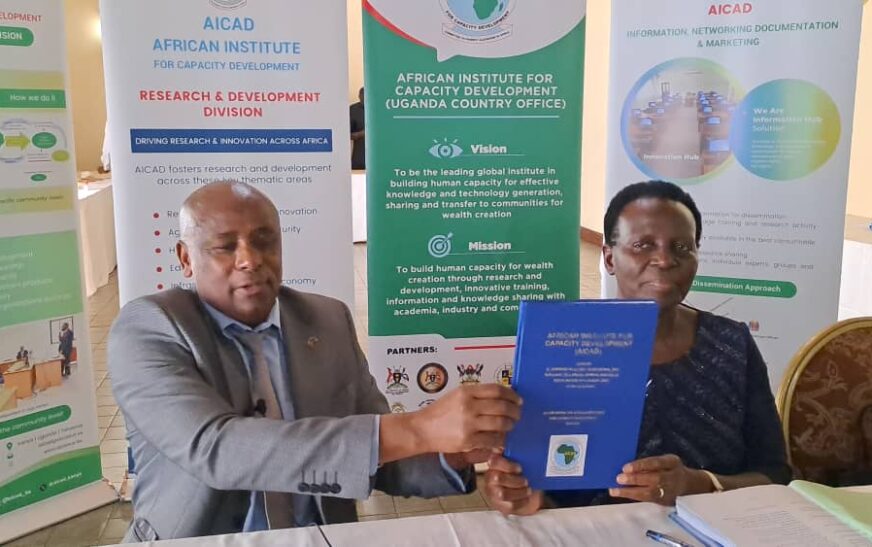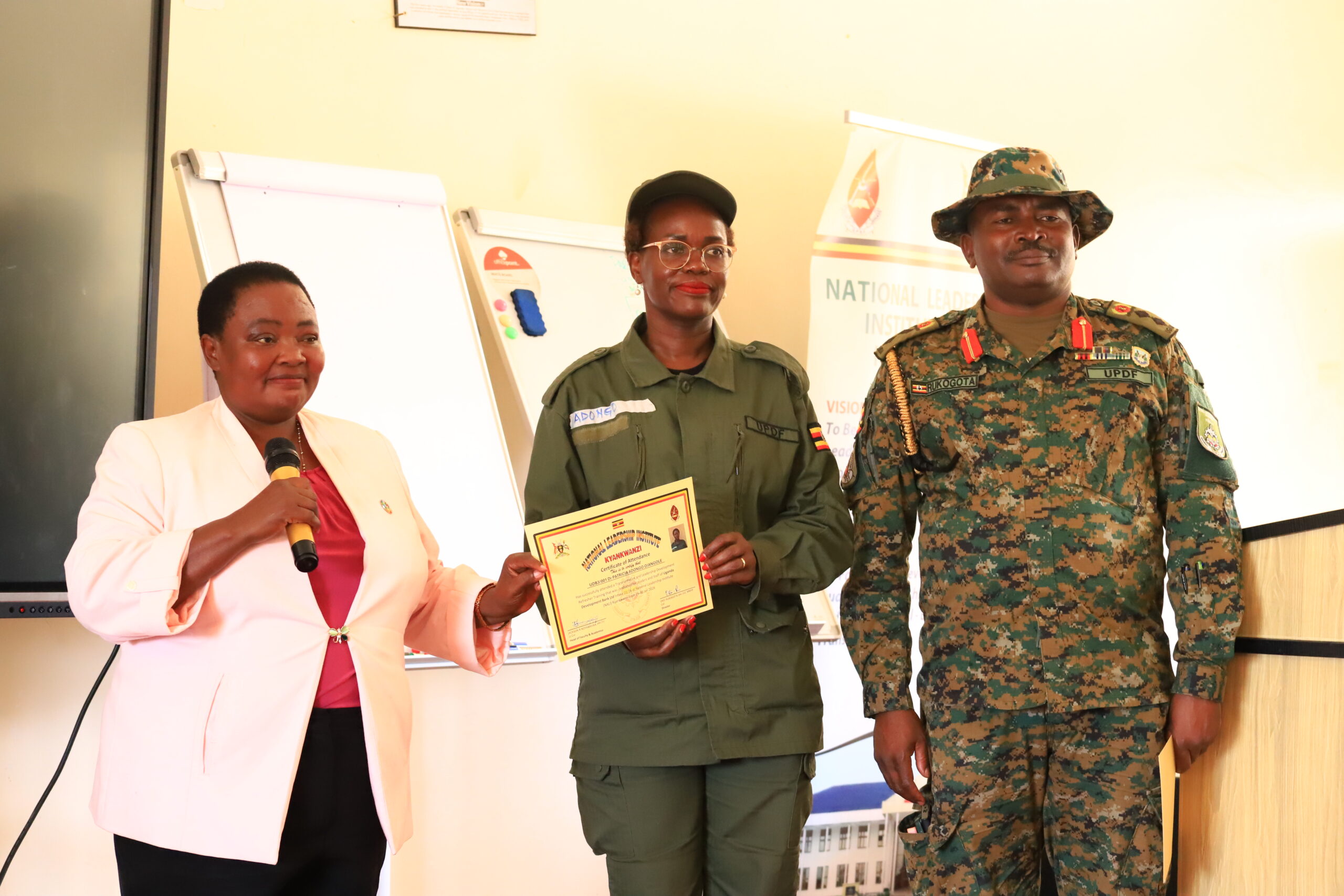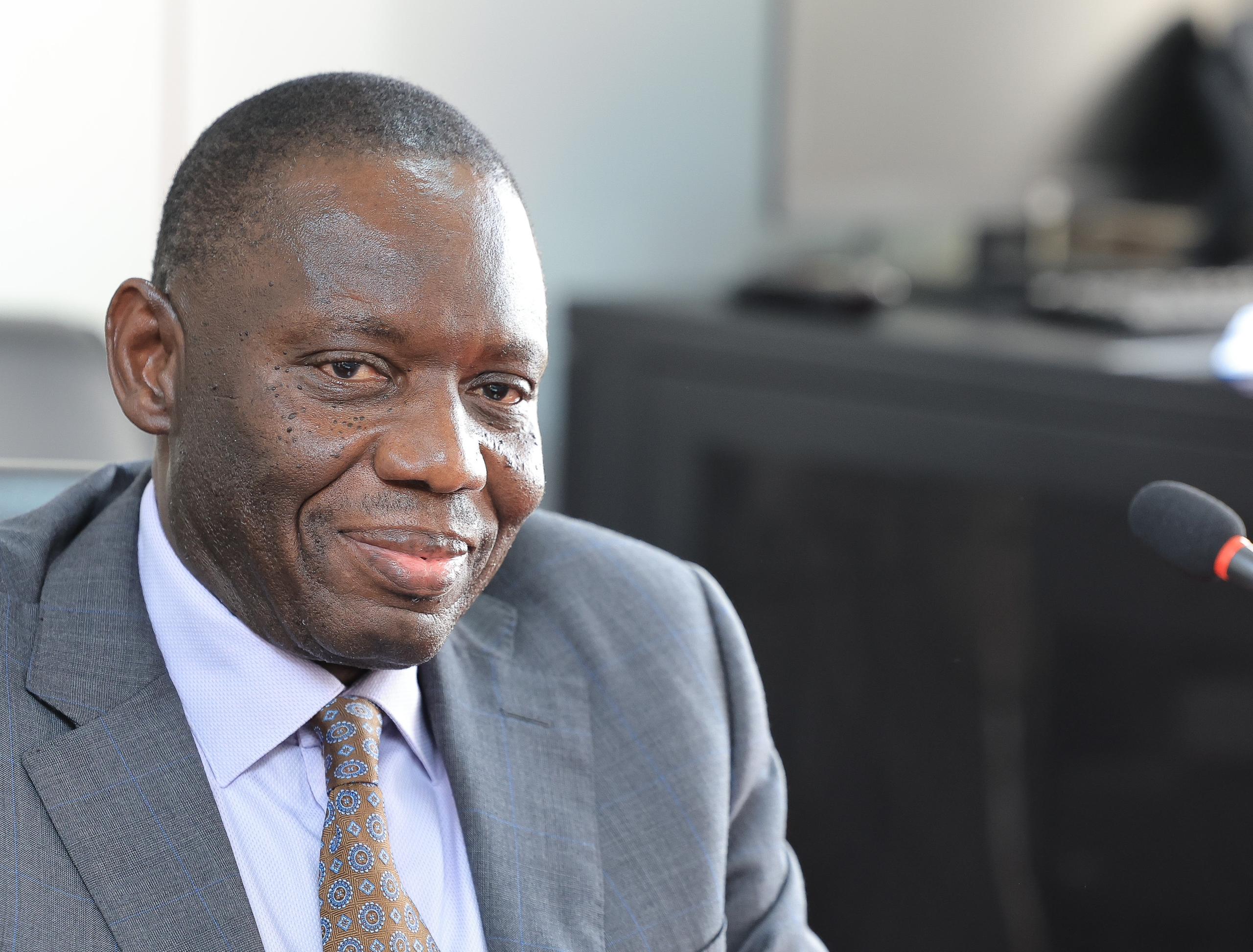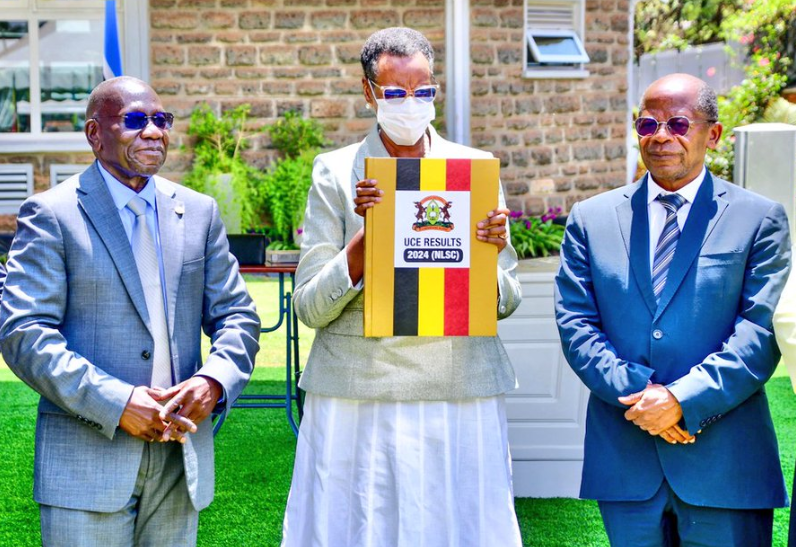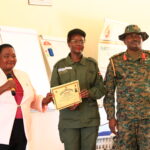By Timothy Nsubuga
Uganda’s Permanent Secretary at the Ministry of Education and Sports, Dr. Kedrace Turyagyenda, has officially assumed leadership of the African Institute for Capacity Development (AICAD), marking the beginning of Uganda’s two-year rotational chairmanship of the regional institution.
Dr. Turyagyenda took over from Prof. Carolyne Nombo, the Permanent Secretary at the Ministry of Education in the United Republic of Tanzania, during AICAD’s Governing Board Meeting held at the Grand Imperial Hotel in Kampala.
The meeting brought together senior representatives from Kenya, Uganda, and Tanzania to chart strategic pathways for advancing capacity development, applied research, and community empowerment across East Africa.
Speaking after assuming the role, Dr. Turyagyenda described AICAD as a symbol of regional unity and shared commitment to human capital development.
“Today we are here as part of what you know as the East African Community because it’s three of the original EAC countries Uganda, Tanzania, and Kenya —which form what we call the African Institute for Capacity Development This was started in 2000 at the beginning of the millennium, and the three partner states committed to support this institute so that it can help develop the capacity of our people. It has since then operated well.” Turyagyenda said
She noted that the rotational leadership structure of AICAD was a deliberate decision by the founding member states, Uganda, Kenya, and Tanzania, to ensure equitable participation in steering the institute’s mandate.
“The three countries are still supporting this vision. The governments of Uganda, the Republic of Kenya, and the United Republic of Tanzania agreed to share this responsibility so that the technical leadership and management rotate,” she added.
Representatives from the three-member states underscored the importance of collaborative innovation and knowledge exchange.
Eng. Tabitha Etutu, who represented Tanzania’s Permanent Secretary, urged members to fully utilize AICAD’s resources to solve local challenges.
“We are urging members and citizens to use the facilities and institutions to solve the challenges they’re facing, as well as conduct research and innovation for the benefit of society,” she said.
Mr. James Muchiri, representing Dr. Beatrice Inyangala, Kenya’s Permanent Secretary for Higher Education and Research, encouraged more learning institutions to join AICAD’s initiatives.
“We encourage more universities, both public and private, to join so that we can work together to improve the welfare of our citizens,” he noted.
Prof. James Njiru, AICAD’s Executive Director, applauded the smooth transition of leadership and reaffirmed the institute’s commitment to promoting innovation and knowledge sharing across Africa.
“This leadership transition marks a renewed era of collaboration and strategic growth for AICAD,” he said. “Together, we will continue to empower communities across Africa through education, innovation, and partnerships.” Prof. James Njiru noted
In her inaugural remarks as the new Chairperson, Dr. Turyagyenda pledged Uganda’s full support for AICAD’s mission of poverty reduction, human resource development, and sustainable livelihood. She emphasized stronger linkages between academia and community development as a key driver for regional transformation.
AICAD’s core mission is to contribute to wealth creation in Africa by strengthening human capacity through training, research, and knowledge sharing. The institute’s headquarters are located at Jomo Kenyatta University of Agriculture and Technology (JKUAT) in Nairobi, Kenya.
It also operates country offices in each member state — at Egerton University in Njoro (Kenya), Sokoine University of Agriculture in Morogoro (Tanzania), and Makerere University in Kampala (Uganda).
The Kampala meeting was attended by distinguished scholars including Prof. Alloys Mvuma, Vice Chancellor of Mbeya University of Science and Technology (Tanzania), and Prof. Paul Waako, Vice Chancellor of Busitema University (Uganda). Their participation highlighted the vital role of higher education institutions in driving innovation and knowledge-based community development.
As Uganda assumes the chairmanship, AICAD’s Governing Board reaffirmed its commitment to aligning programs with emerging regional and global development trends, fostering research-driven growth, and expanding opportunities for youth and community empowerment across East Africa.

